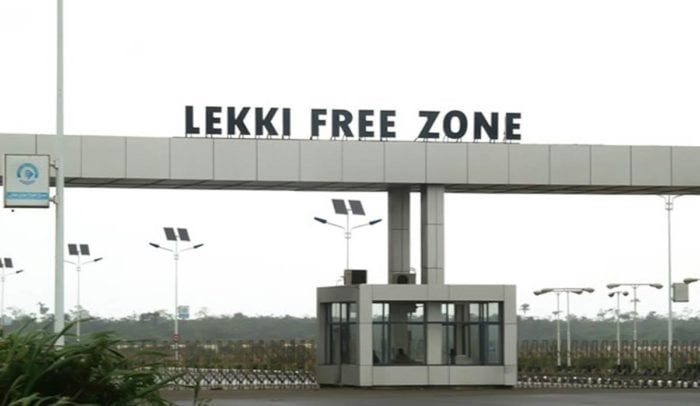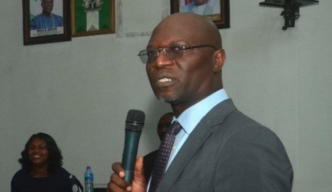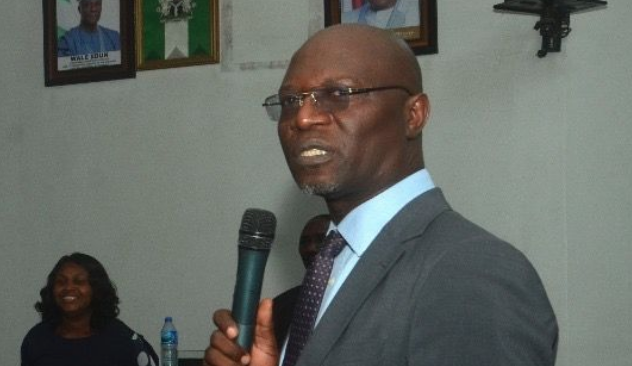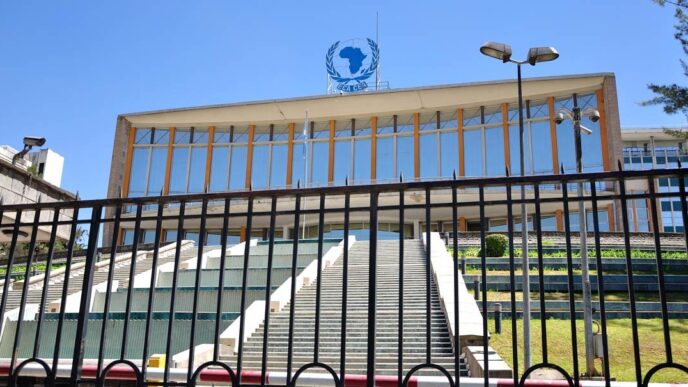This file photo is for illustrative purposes
The Nigeria Economic Zones Association (NEZA) has warned that the recent tax reforms introduced by the federal government could trigger capital flight and job losses.
In a statement on Monday, NEZA commended the government for enacting the Nigeria Tax Act and the Nigeria Tax Administration Act, 2025.
The association described the laws as a significant step towards enhancing fiscal transparency and strengthening revenue assurance across the country.
However, the group said specific aspects of the new legislations — especially those targeting special economic zones (SEZs) and free trade zones (FTZs) — present serious threats to Nigeria’s investment environment.
Advertisement
“Without careful engagement and strategic interventions, these reforms risk eroding investor confidence, jeopardising over one hundred thousand jobs, triggering capital flight to competing African countries, and increasing costs for Nigerian consumers,” the statement reads.
“At a time when Nigeria should be consolidating its leadership under the African Continental Free Trade Area (AfCFTA), policies that weaken the free zone scheme could inadvertently shift competitive advantage to neighbouring economies.
“The new tax provisions affecting SEZ and FTZ operators have created deep uncertainty among investors and for the first time, have created a situation where even companies that export 100% of their products from the free zone can be subject to taxation, completely undermining the free zone scheme and making Nigeria’s free zones one of the least attractive and competitive on the continent.
Advertisement
“Our members are particularly worried that: Nigeria’s zones currently sustain over 100,000 direct jobs, with many more indirectly supported through supply chains and services.
“A decline in investors’ confidence would place these jobs at immediate risk, undermining efforts to drive inclusive economic growth.
“Investors may choose to relocate to other African countries with more favourable free zone regimes, while still benefitting from duty-free access to the Nigerian market under AfCFTA rules.
“By taxing domestic sales from the zones, the reforms risk raising the cost of goods in the customs territory.
Advertisement
“The perception that the FTZs operating with 100% export orientation or complying with the 75% export outside the Custom territory would be exempt has been nullified by Section 57 of the Nigeria Tax Law, 2025 which stipulates that every company meeting these conditions will still be subject to taxation.”
‘TAX REFORMS MAY SHRINK REVENUE BASE IF FREE ZONES COLLAPSE’
NEZA warned that the reforms, though designed to raise tax revenues, could shrink Nigeria’s overall revenue base if zones collapse or investors shift operations to more favourable environments.
“These risks are not hypothetical; current and prospective investors are already expressing concerns and actively reassessing Nigeria’s competitiveness relative to other countries in the region,” the association said.
Advertisement
Contrary to perceptions that FTZs deprive the government of tax revenues, the group said the zones are already significant contributors to the fiscal system.
According to the statement, free zones reportedly contributed over N100 billion in customs duties and over N2 billion in PAYE tax remittances for employees in 2024.
Advertisement
Beyond tax revenues, NEZA reiterated that the zones generate over 100,000 direct jobs, facilitate infrastructure investments, deepen supply chains, and skills development of local talent.
The organisation cautioned that weakening the free zone scheme could prompt investors to shift operations to rival African countries, where they can manufacture goods and still access the Nigerian market tariff-free under the AfCFTA.
Advertisement
This, NEZA said, would erode Nigeria’s investment attractiveness and also expose domestic manufacturers to greater external competition.
NEZA SEEKS TRANSPARENT CONSULTATION ON TAX REFORMS
Advertisement
The group also said the tax reforms were introduced with insufficient engagement with key zone stakeholders, limiting the depth required for a wholistic, workable, and balanced outcome.
The association said the absence of a structured dialogue has led to policy misalignment that could inadvertently undermine the government’s goals of industrialisation, job creation, and export diversification.
NEZA called on the presidency, the Federal Inland Revenue Service (FIRS), the NEPZA, the OGFZA, and other key institutions to initiate a structured and inclusive dialogue with operators in the free zone ecosystem.
As part of that consultation, the association is requesting a moratorium on the implementation of the new tax provisions affecting FZEs.
NEZA said the moratorium would also give the government adequate time to conduct impact assessments and design a more orderly framework that balances revenue generation with Nigeria’s trade and economic competitiveness.










